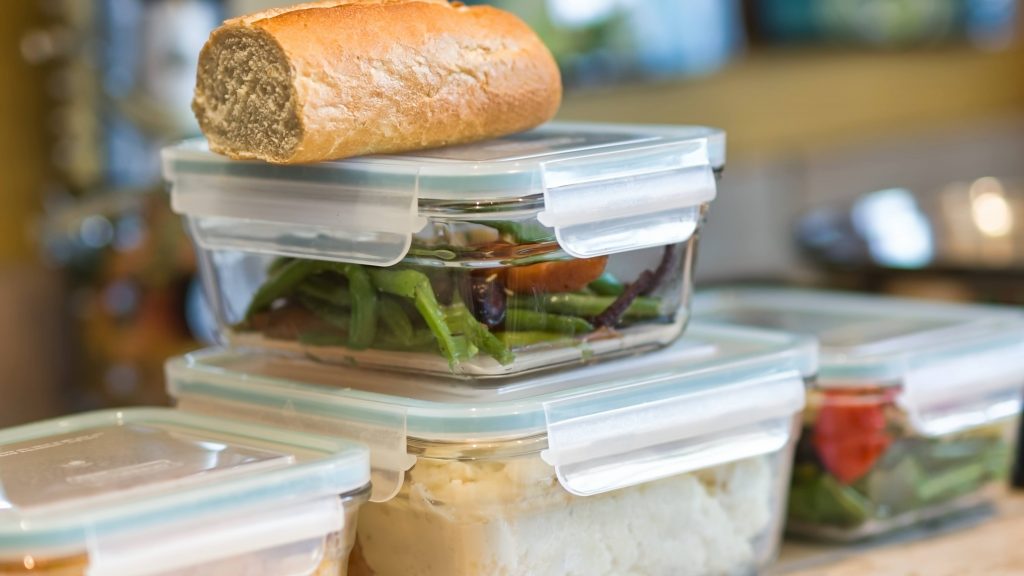
From leftovers in your lunch to planning a meal for family and friends, keeping food safe is important. Food poisoning — also called foodborne illness — is caused by harmful germs, such as bacteria, in contaminated food. Because bacteria typically doesn't change the taste, smell or look of food, you can't tell whether it's dangerous to eat. So if in doubt, throw it out.
Fortunately, proper cooking and food handling can prevent most cases of food poisoning.
To practice food safety:
- Quickly refrigerate perishable foods, such as meat, poultry, fish, dairy and eggs.
- Don't let food sit more than two hours at typical room temperature or more than one hour at temperatures above 90 F.
- Uncooked foods, such as cold salads or sandwiches, also should be eaten or refrigerated promptly.
Your goal is to reduce the time a food is in the "danger zone" — between 40 F and 140 F — when bacteria can quickly grow.
If you're going on a picnic or hosting a cookout, you should:
- Keep cold foods in a cooler with ice or frozen gel packs until ready to serve.
- To preserve quality and safety, consider resting a container or plate of cold items on a bed or bowl of ice.
- Have a separate cooler for drinks since this cooler will be opened more frequently and affect the temperature.
For more tips check out Handling Food Safely While Eating Outdoors from the Food and Drug Administration.
While you shouldn't use slow cookers to reheat food, you can use them to maintain the temperature of foods that are already hot. Keep your food at or above 140 F, usually on a low-temperature setting. Tip: This is an option when you're feeding a large group and need to keep hamburgers or meat from the grill hot.
Leftovers can be kept for three to four days in the refrigerator. After that, the risk of food poisoning increases. If you don't think you'll be able to eat leftovers within four days, freeze them immediately. When ready to eat leftovers, reheat them on the stove or in a conventional oven or microwave until the internal temperature reaches 165 F.
Katherine Zeratsky, R.D.N., L.D., has worked for Mayo Clinic in Rochester for more than 20 years. Her areas of interest range from wellness nutrition to pediatrics.
Related Articles







